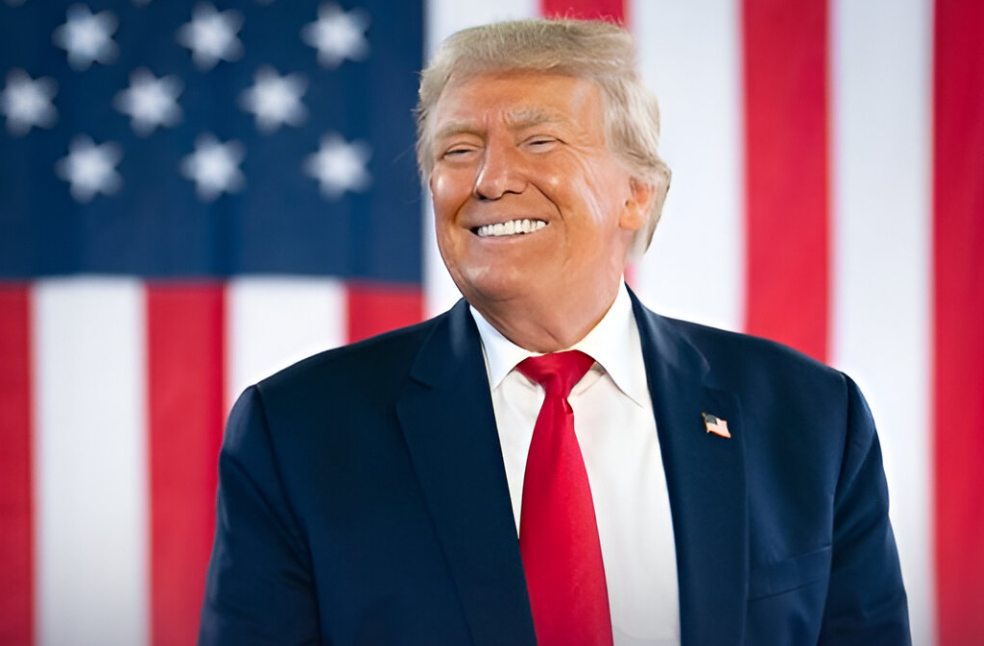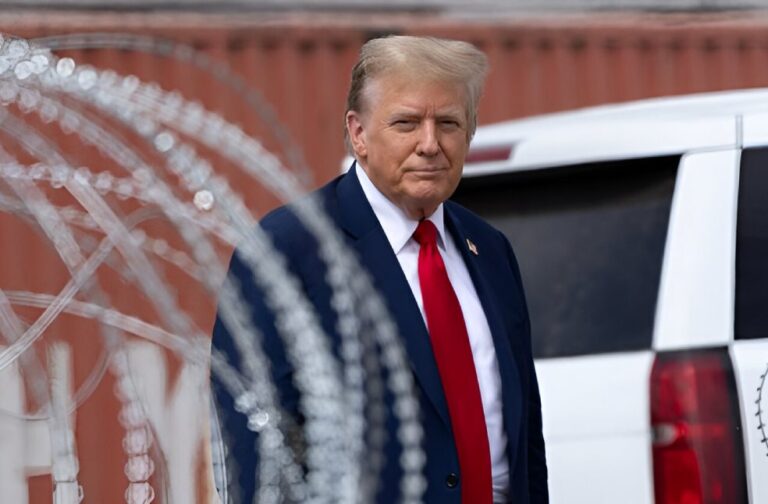United States: The US president Donald Trump has announced a 100 percent tariff on all movies produced in Foreign Lands, claiming the U.S. film industry is facing a very fast death due to overseas incentives enticing American filmmakers.
Taking to his Truth Social platform, Trump said he had authorised the Department of Commerce and the U.S. Trade Representative to begin implementing the tariffs immediately. He labelled the trend of foreign film production a National Security threat, citing messaging and propaganda concerns.
Trump reamarked that,“We want movies made in America, again.”The announcement drew swift attention, though specific implementation details were not provided. Commerce Secretary Howard Lutnick responded via X (formerly Twitter), stating that, “We’re on it.”
It remains unclear whether the tariffs would target foreign production companies or American studios outsourcing production abroad, a common practice in recent decades driven by cost-saving measures and foreign tax incentives.

According to FilmLA, film and television production in Los Angeles has declined nearly 40 percent over the past decade. Meanwhile, countries like Australia, New Zealand, and several European nations have boosted generous tax credits and rebates to attract a bigger slice of the $248 billion global content production market projected for 2025 by Ampere Analysis.
Leaders in both Australia and New Zealand responded quickly. Australia’s Home Affairs Minister Tony Burke said his government would stand up unequivocally for its domestic screen industry. New Zealand Prime Minister Christopher Luxon urged caution, stating his government would review details but would remain a strong advocate for its film sector.
Trump’s announcement comes in the wake of previous trade battles during his presidency, including a high-profile trade war with China. Beijing recently retaliated by reducing the number of American films permitted into its theatres, a major setback given China’s status as the second-largest film market globally.
Industry experts warn the new tariffs could backfire. William Reinsch, former senior Commerce Department official and now a senior fellow at the Centre for Strategic and International Studies, cautioned against the move.
Reinsch commented that, “The retaliation will kill our industry. We have a lot more to lose than to gain,” adding that framing film production as a national security issue would be difficult to justify.
As Hollywood faces growing pressure from international competition, Trump’s proposal adds a new layer of uncertainty to the future of U.S. film production both at home and abroad.



